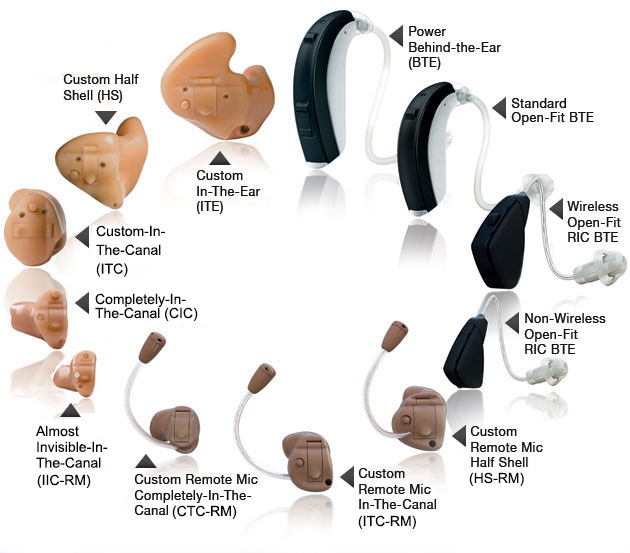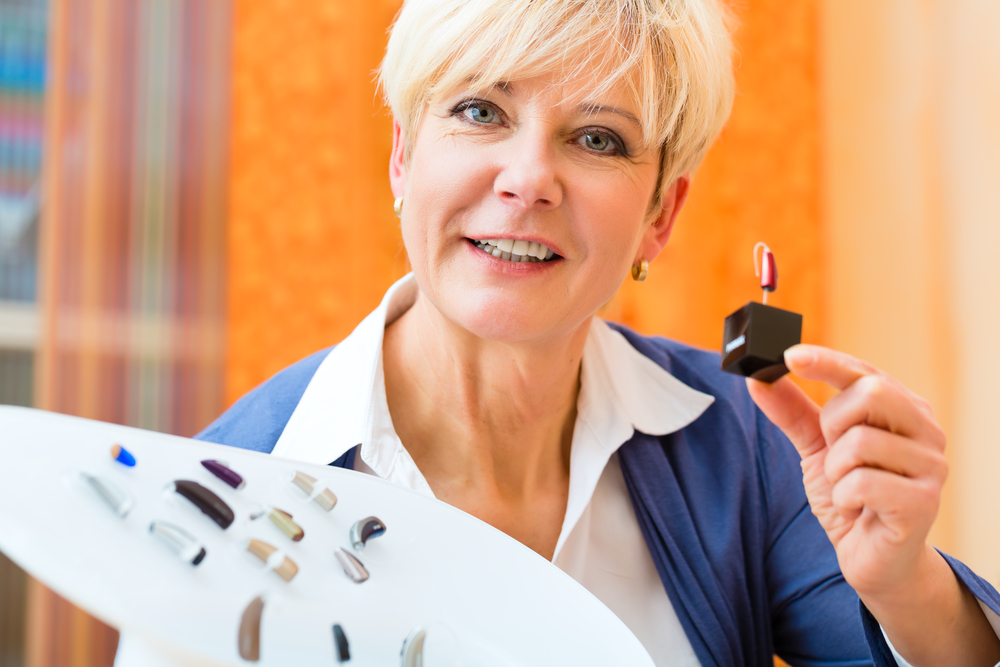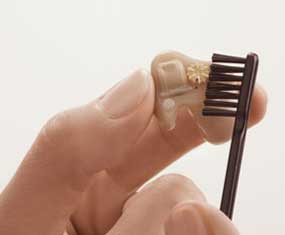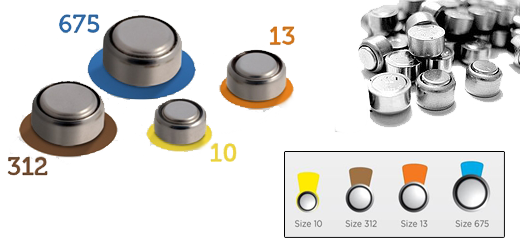
Most clients think that the #1 reason for hearing loss, is age. I am here to let you know that most hearing losses are not caused by age.
There are many different causes of hearing loss. Hearing loss can be caused by the following: allergic reactions to medications, genetics, radiation and/or chemotherapy (but these are getting less likely) and loud sounds or noises.
There are about 20% of Americans or 48 million that have some degree of hearing loss. The most common hearing loss is loud noise or sounds. There are many different sounds in our everyday life that will affect our hearing. Maybe you have not thought about the sounds around you that could affect your hearing. We will go over a few of those sounds: police or ambulance sirens, lawnmowers, blenders, noisy restaurants, garbage disposal, babies crying and movie theaters.
Our ears can tolerate sounds up to 85 dB, any sounds above that could potentially cause temporary or permanent hearing loss. Some noises that could cause you to possibly have damage to your hearing also depends on the distance that the sound occurred away from you and for how long.
What sounds fall above the 85 dB and possibly do permanent or temporary damage? Let’s take a look at some of the damaging noises in our everyday life. Some of those noises can come from hair dryers (95 dB), tractor (105 dB), leaf blower (115 dB), a rock concert (115 dB), chainsaw (115 dB), ambulance (125 dB), a jet plane from 100 ft. (135 dB), fireworks (145 dB) and 12-gauge shotgun (165 dB). There are so many loud sounds that are around us during our busy days.
What can I do to help prevent getting a hearing loss from these sounds? Some sounds such as those in a factory environment can be prevented by wearing earplugs Your employer should provide them at no cost to you. When you go to the movie theater, you could wear sound suppression earplugs. If you wear hearing aids already, please take your hearing aids out and wear earplugs when mowing the yard, running a chainsaw or being on the tractor.

Is the latest and greatest hearing aids the best choice for you?
New hearing aid technologies are always improvements in doing new and different things in different ways. There are pros and cons to everything. For the right person, one new technology can change the world for them. For the next person, they do not want it, nor want to use it, and really do not want to pay for it. Along with new technologies, there are times when they need to check for reliability and how well the hearing aids do what they are meant to.
When it comes to hearing aids, the more you talk to your hearing instrument specialist or audiologist about your feelings, expectations, and lifestyle; the more suitable the hearing aid(s) will be to fit your personal needs.
I just want to have a discussion about some of the newer technologies that are available, such as rechargeable batteries and Bluetooth. Rechargeable batteries are really good for those with dexterity issues. Bluetooth devices are really good for those who are always on the go but batteries at this current time, do not last very long. However, what you need to know, is that both of these components are currently only in the premium hearing devices.
Most manufacturers are charging an extra $1,000 to $2,000 on top of the normal price of each hearing aid. These extra charges can make the hearing aids out of some peoples price range.
Be careful when reading advertisements for the latest technology in hearing aids. We have talked only about two of the newer options available in new hearing aids, there are many others.

Be an informed consumer before you buy your next set of hearing aids.
There are 5 main hearing aid companies in the world: Starkey, Siemens (Signia), Oticon, Phonak, and Resound. Each of these does have subsidiaries that have hearing instruments at a lower cost, but of the same quality. There are several other independent companies that are a good quality of hearing aids, generally less expensive due to fewer options.
There are several basic things to know when you go shopping around for new hearing aids. Most hearing aid specialist or audiologist will tell you that their product is the best and you should purchase the highest level of technology available. In my opinion, mid-range and lower range hearing aids are very good for most people. The fewer the options, the fewer breakdowns are possible over the lifetime of the hearing device, with longer battery life, custom to your personal lifestyle and are less expensive.
Before going to get a hearing evaluation, talk to your friends, family, even total strangers about their hearing aid experience with their hearing care provider. You will want to check with as many people as you can in order to get a better idea of the experience they have gotten. When having your hearing evaluated, there are some must ask questions. You will want to ask most or all of the following questions:
- How long will the hearing aid meet my needs? Most fitters nowadays only plan for you to wear the hearing aid(s) for 3 years. Before your loss will outgrow the capabilities of the hearing aids. In most cases, it does not cost much more to do a little stronger aid and be able to wear the hearing aids 5 to 10 years.
- How often will they schedule cleanings, adjustments, and general maintenance and will there be a charge for it when they are in or out of warranty?
- How long is my trial period on these hearing aids? By Kentucky state law, they require 30 day trial period with a 10% cancellation fee. There are some offices that give a 90 day trial period, with no cancellation fee. Generally, those offices have a better connection with their hearing aid manufacturers.
- What kind of warranty comes with the hearing aids? All manufacturers do a minimum of one year, which covers unconditional repairs and ONE TIME loss/irreparable damage for a fee. Many offices doing a free three years on both repairs and one-time loss/irreparable damage.

We would like to wish you and your family a Happy Thanksgiving. We hope you enjoy your holiday and the sounds of love and laughter surrounding you from your friends and family this year.
From your friends at Heartland Better Hearing

Uh-oh, no sound, you can’t hear anything! A thousand thoughts go through your mind. Is my hearing aid dead? Where will I get the money to get a new one? Has my hearing got worse?
Now all these things are possible, but there is also a good chance you might just need your hearing instruments cleaned by a professional. Over time, wax and dead skin can build up in the hearing instrument(s), which can block sound from getting in or out of the hearing instrument. (more…)

Hearing instrument batteries work different than your normal every day battery (AA, AAA, C and D batteries). These batteries come with a little sticker over the back of the battery.